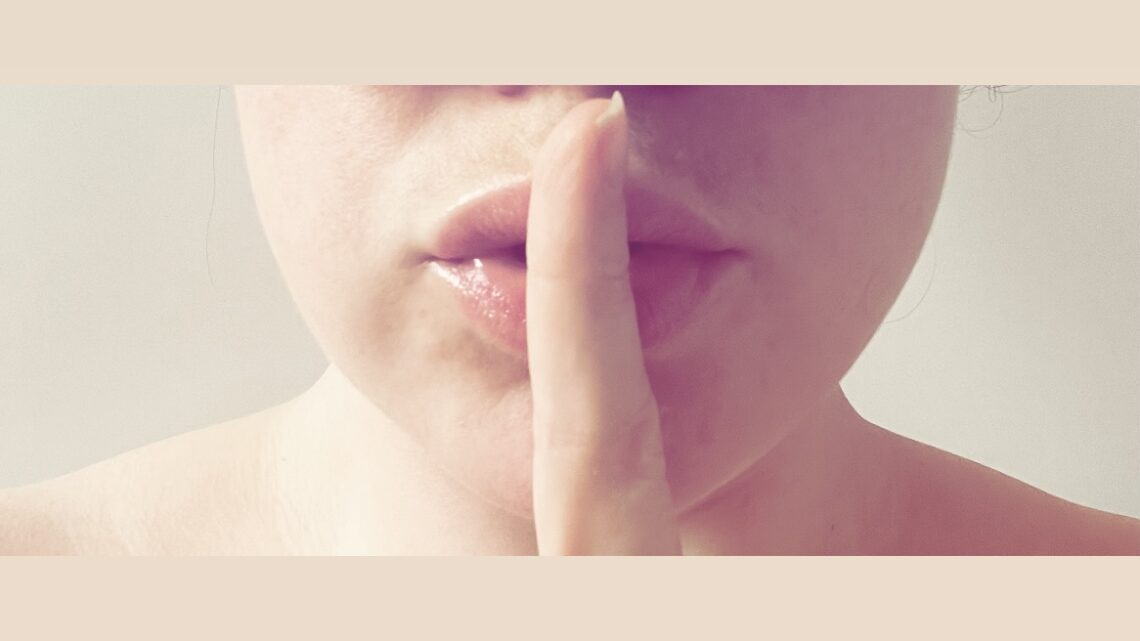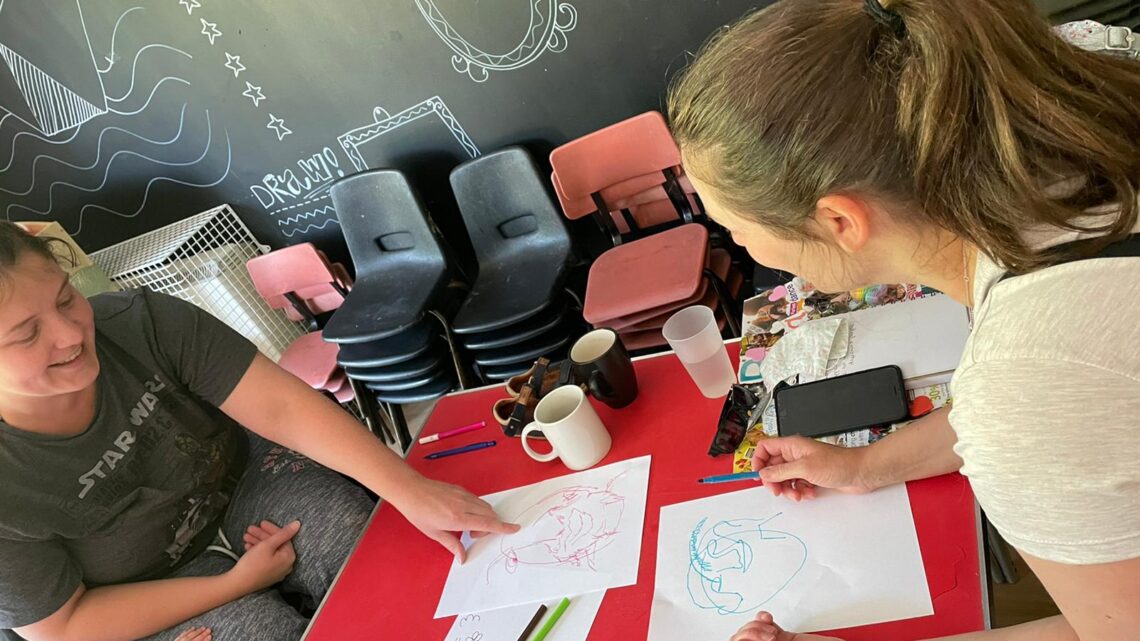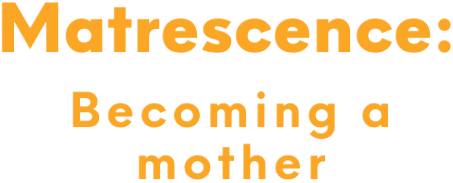Ashleigh Houlton: Why Should We Be Shamed to Silence?
Finding my voice as a mother living with birth trauma and chronic invisible illnesses – and helping you find yours.
Opening up about anything remotely “taboo” is automatically “oversharing”, right? At least that’s what society has conditioned us to believe – as with anything, boundaries and professional help absolutely have their place here. There’s been many times over the past three years when I’ve yearned to share my story, spurred on by those around me saying “you should write a book”, but the all too familiar feelings of shame, guilt and embarrassment have stopped me in my tracks, like a punch to the gut. My experience doesn’t fit the “stoic” motherhood narrative, where one must “keep calm and carry on”. It’s anything but. So I should smile through gritted teeth, right? In fact, that would be admirable. Yet, we rarely hold space for how damaging embellishment of the truth can be. I know first-hand. Speaking up is ok, not wanting to speak up is ok, too. What’s not ok is when that choice is taken from us, for fear of being stigmatised.
It’s socially acceptable to paint a picture online of all the best bits, and some of the less-than-pleasant moments, as long as you make light of them. Yes, humour can be a tonic (I had to laugh about carrying round a pot of p*ss everywhere during potty training, or I’d have cried), but also an unhealthy facade for the heavy stuff that needs addressing (cracking jokes about my body and mind falling apart, when inside, I was utterly broken, springs to mind). However, it’s not deemed appropriate when the reality becomes uncomfortable. You could say the switch from polished poses to unedited photo dumps is a call for more authenticity. Small steps, I guess.

When I had my son and the onslaught of trauma and illness ensued, I felt completely lost, abandoned and unworthy of help. In my darkest, dizzying hours of failed breastfeeding attempts, I came across online communities of women sharing their raw personal struggles – naturally, there were times where I had to press pause and step away, as deep discussions can be overwhelming – and I saw a glimmer of light. There was living proof of those that had come out the other side. They helped me through diagnoses, operations and mental health battles. We were together in this. They became part of my survival guide. I was in awe of their strength, yet I saw it as weakness if I were to do the same. But I don’t want another woman to suffer in silence. So here I am, divulging my pain, grief and healing, in the hope that at least one mum finds her voice, too.
Now, I feel compelled to speak up, to have those difficult conversations that need to be spoken about. I owe it to myself, to the mums before me, the mums beside me and the mums after me. For those of you suffering with birth trauma, battling invisible chronic conditions, for any woman feeling unheard or invalidated, this is for you. Because you’re never alone.









